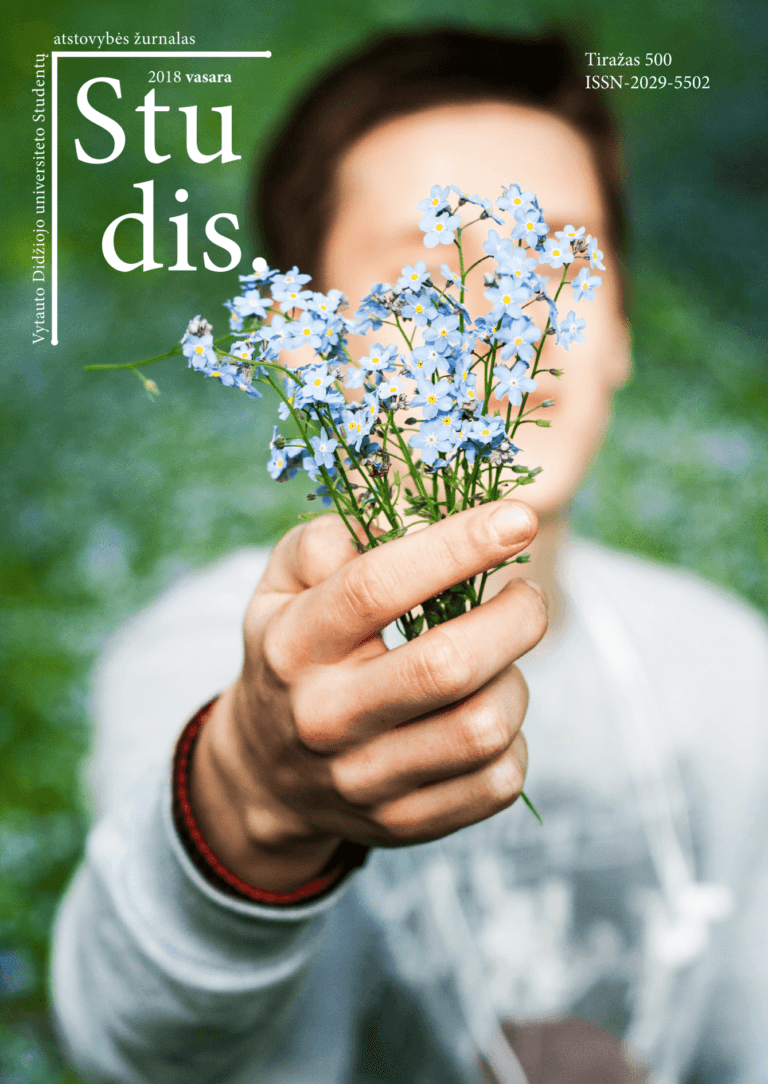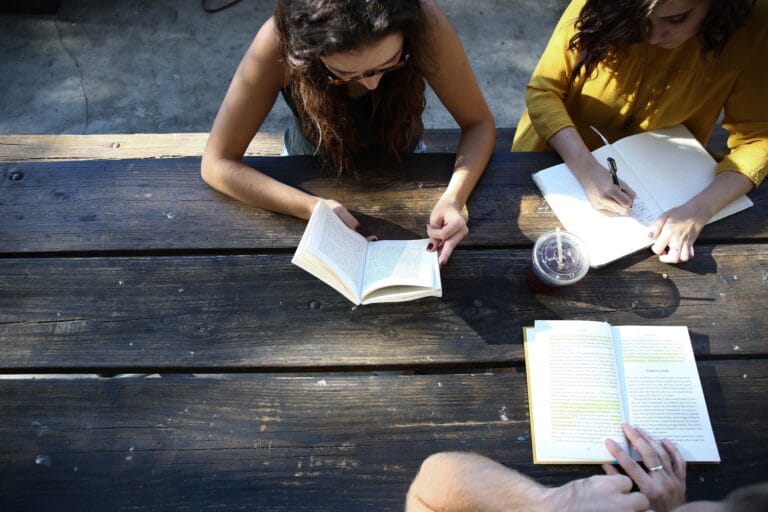Traveling without disability: Luke's exchange experience in Japan

Lukas Beliūnas, a student of East Asian languages and cultures at Vytautas Magnus University (VDU), went on a bilateral exchange in Japan at Kansai Gaikokugo Daigaku University, wanting to see everything he had seen in Japanese animation live. The boy has TAR syndrome, which is characterized by a lack of platelets in the blood and a lack of bones in the limbs. However, Lukas states that one should not doubt and try to fulfill one's desires without being restricted by disability.
How did you come up with the idea of going on exchange in Japan?
Ever since I was a teenager, I watched Japanese animation, which motivated me to be interested in Japan and its culture, and to study East Asian languages and cultures. Finally, I wanted to see everything I saw in animation and the things I studied at university live.
Were there any fears before the trip?
There were many fears. First of all, I was afraid of flying because I had never done it in my life. Also, it was scary to leave close people because I didn't have any acquaintances in Japan.
Who helped overcome them?
Life experience. For example, I am very afraid of public speaking, but during my studies I had many assignments where I had to make presentations in front of an audience. It taught me that fear is just a feeling. Just because I'm afraid of something doesn't mean I have to be paralyzed by my fear and stop functioning. And it taught me to act even in the face of fear.
What was most memorable or surprising about the exchange?
Probably almost everything! The architecture there is quite different: many old Buddhist and Shinto (traditional Japanese religion) temples. However, perhaps the biggest surprise was the food. When most people think of Japanese cuisine, they think of sushi or other fish dishes. I thought so too, but there were plenty of chicken, pork, and beef dishes. And the food was very tasty! This experience also shattered stereotypes about the Japanese themselves: I thought they were shy and quiet people, but it turns out to be quite the opposite.
However, I saw the country not only from the good side. I think I managed to avoid the so-called honeymoon phases and see Japan as it really is: little space, everywhere full of unnecessary bureaucracy, etc.

Was the university and its environment adapted to your needs?
Since I have all the equipment I need myself, I didn't indicate when I filled out the paperwork that I had specific requests that the university should take care of. As a result, there was no special accommodation or someone to specifically help me. However, there was a Japanese student on each floor of the dormitory who took care of all the students' problems. When I inquired, I was told that there are also special rooms adapted for students with cerebral palsy or similar disabilities.
What did this experience give you?
This experience fulfilled my long-held dream, allowed me to broaden my views and look at many things in life differently.
What advice would you give to students who are also thinking about an exchange?
If you have doubts, I would advise you not to doubt and try to fulfill your wishes - to travel without being restricted by a disability, because it may be the only such event in your life. Of course, it is very important to check with both your university and the host university to find out what the adaptation options are and whether there is someone who will be able to help. The most important thing is to evaluate yourself from the outside: will I really be able to do it? What would I do if I didn't get help? Although indeed, as far as I have come across, people are very helpful and usually willing to help.






